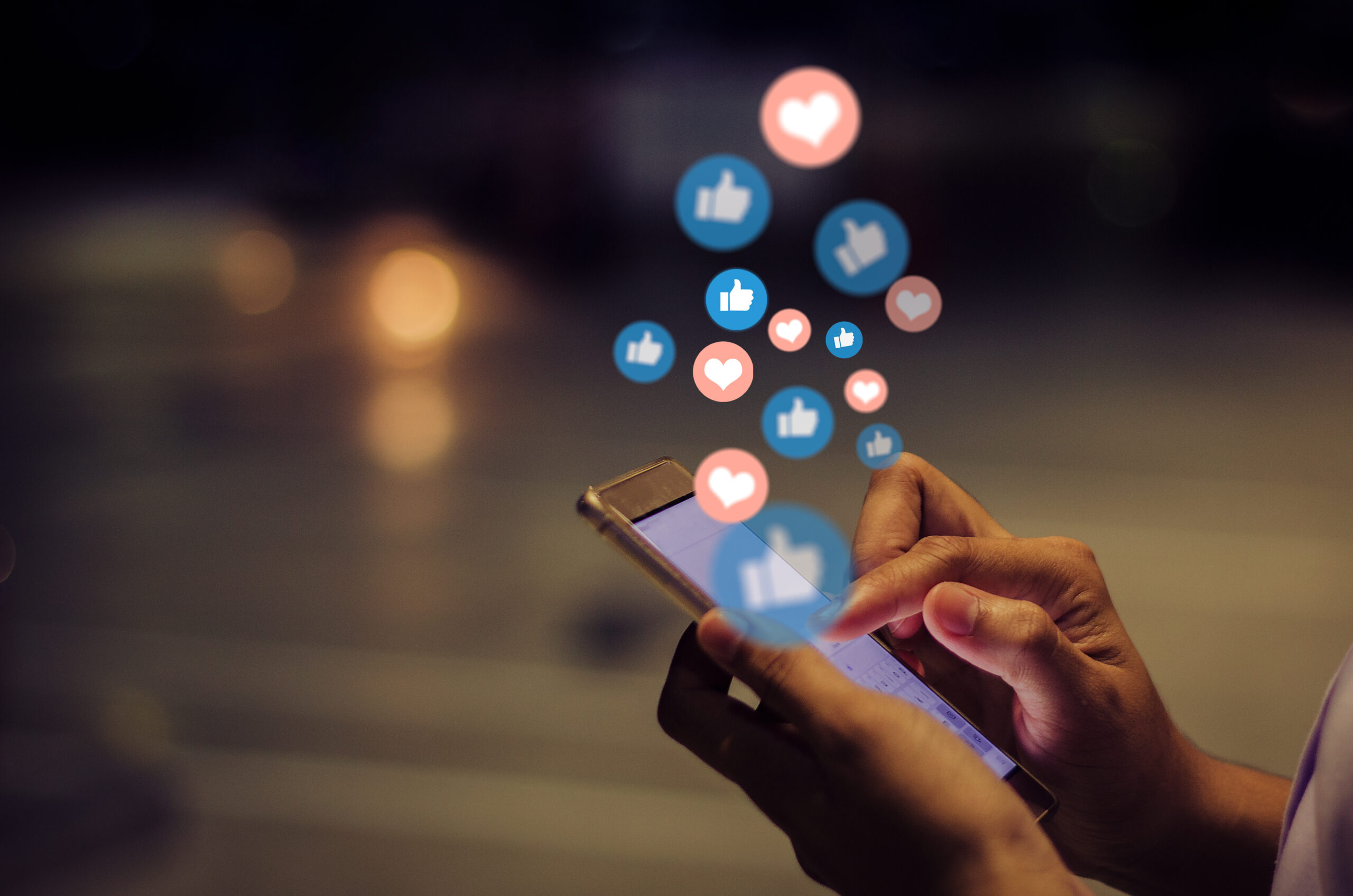
Navigating Mental Health: Strategies for Preventing Suicide in African American Youths
In the tapestry of life, where every thread weaves a unique story, it’s disheartening to acknowledge that in 2020, suicide emerged as the third leading

In the era of digital connectivity, the allure of social media is undeniable, offering a platform for self-expression, networking, and information access. Yet, for African American youth, these platforms are a double-edged sword, inflicting unique and often detrimental consequences. This article delves into the adverse effects of social media on African American adolescents and the indispensable role of rites of passage in addressing these challenges.Social media has a variety of negative effects on African American youth. These platforms expose young people to harmful habits including social comparison, unrealistic body image standards, and cyberbullying. The result is frequently a deterioration in mental health that harms self-esteem. The strength of rites of passage is in providing young people with the means to develop resilience and a sense of self-worth, protecting them from the harmful impacts of social media.
According to the 2021 National Survey on Drug Use and Health (NSDUH), Twenty-one percent of Black and African Americans reported having a mental illness. As drugs and psychological trauma may play an active role in the decline in mental health, social media has not proven to be innocent. Privacy and safety are another critical concern. The online world can be a dangerousplace, especially for African American adolescents, who may be particularly vulnerable.
Social media is like a double-edged sword, where you can either connect with the world at your fingertips or get lost in the endless scroll of a digital universe. Productivity is another area affected by social media. The constant distraction can divert the attention of African American youth from academic and other productive activities which is sometimes caused by the fear of missing out among African American youth or just an unhealthy addiction to the dopamine hits gotten from social media. Adequate sleep is also essential for productivity. A lack of good sleep decreases efficiency in handling tasks and makes it harder to carry out clear thinking. Inadequate sleep can also result in impaired cognitive function, decreased alertness, mood disturbances, a weakened immune system, physical health problems, weight gain, decreased physical performance, increased stress, hormonal imbalances, and reduced quality of life, highlighting the importance of prioritizing sufficient and quality sleep for overall well-being. Inadequate sleep, often a result of excessive screen time before bedtime, is a pressing issue, especially for African American adolescents. Rites of passage programs instill discipline, critical thinking skills, and enhance their ability to stay focused and on track with their responsibilities, both at home and at school. Rites programs encourage and underscore limiting screen time, reading and studying more and the importance of establishing healthy sleep routines, thus contributing to their overall well-being and development.
In the realm of tweets and hashtags, may we find the courage to embrace change, knowing that within the discomfort lies the potential for profound transformation. Our digital journey is a testament to the enduring spirit of adaptation and growth, echoing the wisdom of those who have paved the way before us. Rites programs can serve as a guide, teaching them to recognize and avoid potential dangers while fostering a sense of personal safety and understanding that we are social animals that live in the real world and therefore not be strongly attached to the world of social media.
Reducing the use of social media for youth can benefit, include:
Improved mental health: Less time spent on social media can reduce exposure to cyber bullying, unrealistic body image, standards, and social media, comparisons leading to improved mental well-being.
Enhance privacy and safety: Limiting social media can help protect youth from online predators and maintain their privacy.
Better sleep: Less screen time before bedtime can lead to improved sleep quality, which is essential for the overall mental health and well-being among young individuals.
Increase productivity: Less distractions from social media can lead to increased focus on schoolwork and other important activities.
Enhance real life relationships: Reducing social media use can encourage more face-to-face interactions, strengthening real life, relationships, and social skills.
Reduce fear of missing out: (FOMO) Youth may experience less anxiety and stress related to fear of missing out on social events and trends when they are not consistently connected to social media.
Time for other hobbies: Limiting social media can free up time for other interests, hobbies, and activities that promote personal growth and development.
It’s important to find a balance that works for each individual. Some aspects of social media can also be valuable for communication, learning and staying connected.

In the tapestry of life, where every thread weaves a unique story, it’s disheartening to acknowledge that in 2020, suicide emerged as the third leading

There are spaces in the wide cosmos where gravity is so intense that not even light canescape. We refer to these locations as black holes.

Taking care of African American youth’s mental health is a goal of great significance ina world where everyday obstacles and expectations can be overwhelming. This